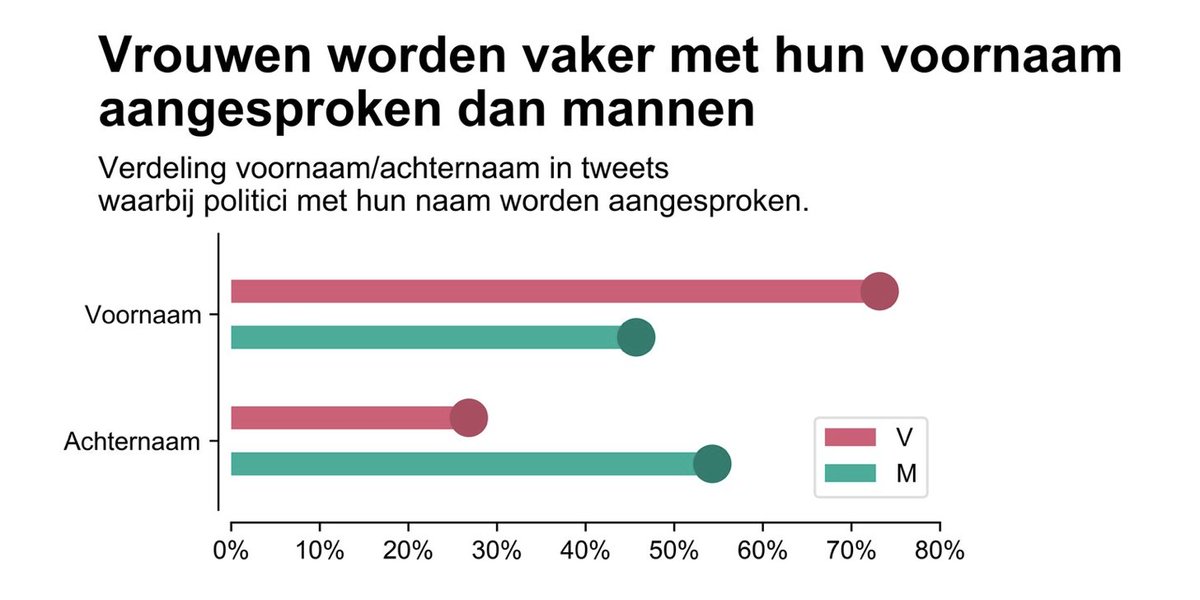
Women in science, a thread in numbers 👇 (1/x)
This is a talk I gave for our MSc Earth Sciences students today
#InternationalWomensDay
This is a talk I gave for our MSc Earth Sciences students today
#InternationalWomensDay
I started by asking them if they regard or treat me differently than they do male teachers or professors. They said they didn't (2/x) 

Because a lot of people do address women differently to men, by not using their title for example (4/x) 

And these are just a few things that are evidence of the unequal treatment of women in academia. (7/x) 

...because these disadvantages increase exponentially if you are also a woman of colour, disabled, or queer, for example. (12/x) 

Now I'm going to zoom in on The Netherlands a bit. Because don't we all think that this is such an equal country? Well, we're bottom of the list here. (13/x) 

While the gender balance is pretty much 50-50 in students, the proportion of women declines strongly when you go up the career ladder, and women represent only 24% of full professors. (15/x) 

Which is probably in part caused by the field work culture, which can be non-inclusive and even dangerous. (17/x) 

Zooming in on soil science, a traditionally male-dominated field, we see the same pattern: a stark decrease in the representation of women with increasing career stage. (18/x) 

Here is my pledge for #InternationalWomensDay #IWD2021 #ChooseToChallenge
I challenge you to also make a pledge! (21/end)
I challenge you to also make a pledge! (21/end)

You can watch the talk here:
And yes, I really need to be standing up and walking around when I'm presenting - I'm bouncing around on my chair here!
• • •
Missing some Tweet in this thread? You can try to
force a refresh

















